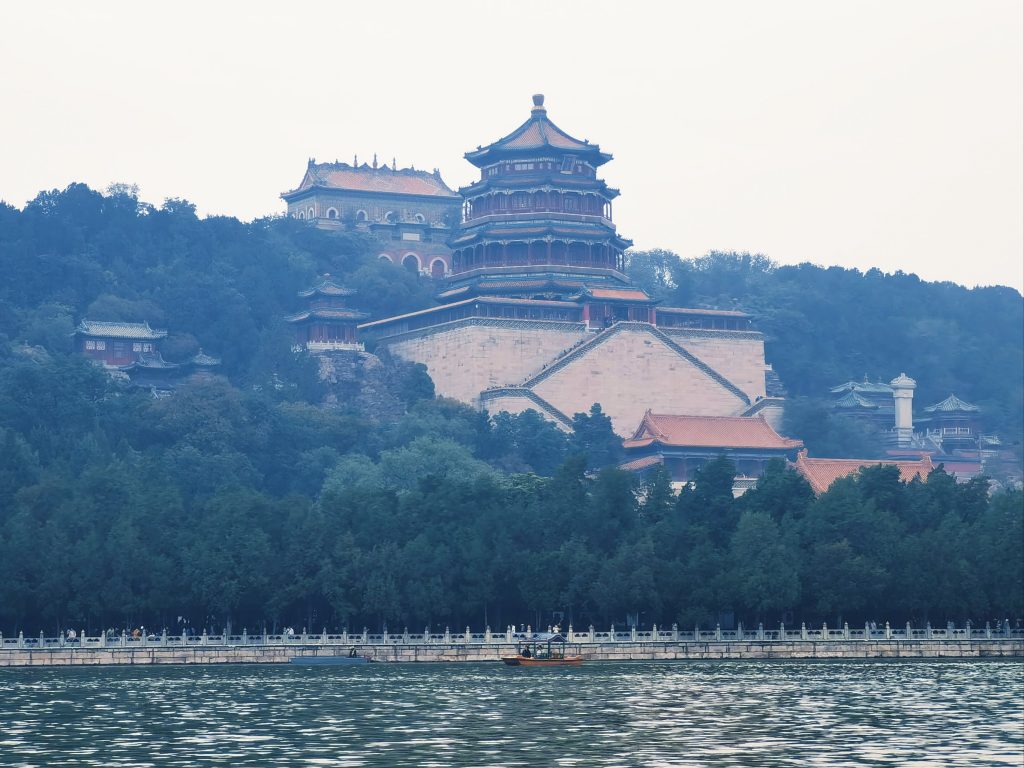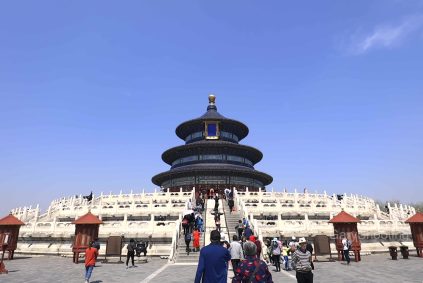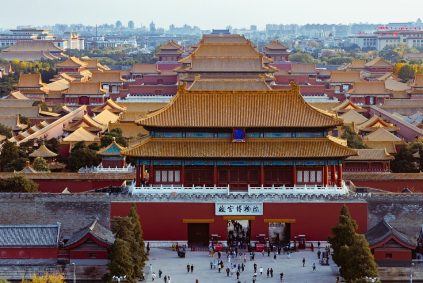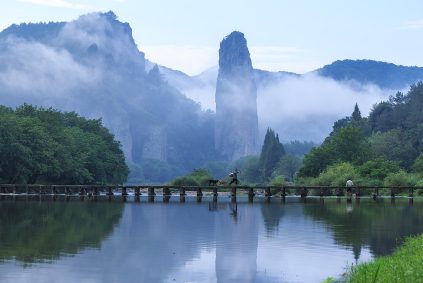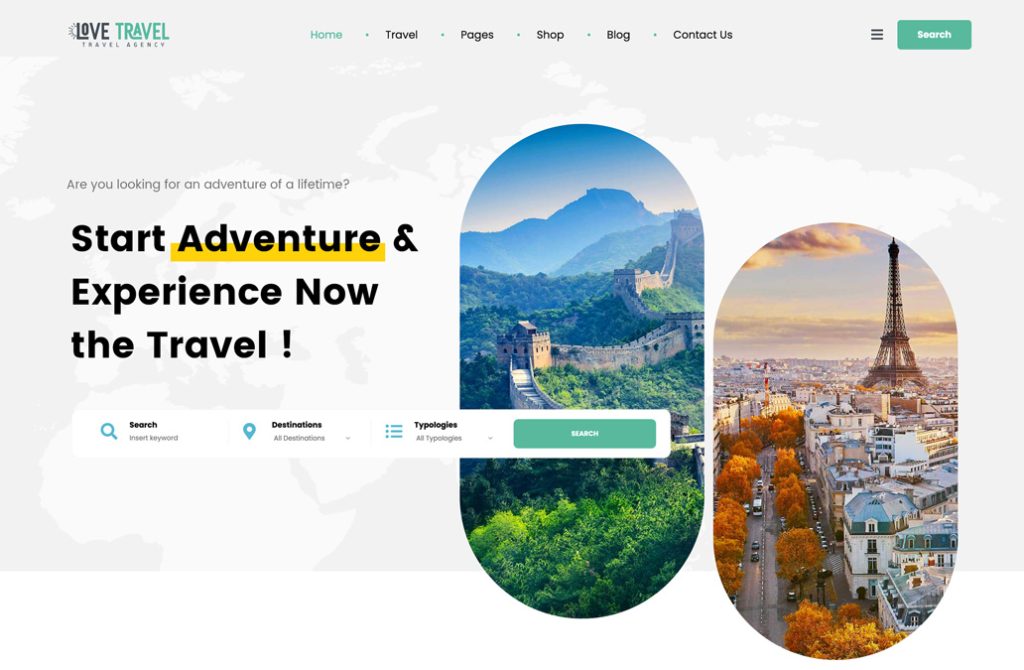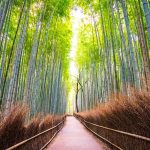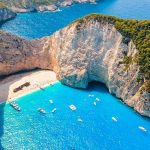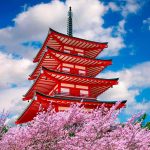When camping outdoors in Beijing, safety, environmental protection, regulations and comfort need to be comprehensively considered. The following are the key points to note and practical suggestions:
First, camp legally and in compliance with regulations
Choose a compliant camp
Give priority to choosing officially registered campsites, such as Jinhai Lake Daxi Stream Parent-Child Campsite and Elephant Lu Island Nature Park. These campsites offer infrastructure (such as toilets and water sources) and security guarantees.
Avoid illegal camping: In Beijing, camping is strictly prohibited in non-designated areas (such as nature reserves, water sources, and forest fire prevention zones). Violators may face fines or be driven away.
Understand the campsite policy
Some campsites require advance reservation (for example, you can check on the “Beijing Campsite Guide” mini-program), and some free campsites may have restrictions on the number of participants or time (for example, the camping area in Yanqing International Horticultural Park requires real-name registration).
Second, safety protection measures
Fire safety
No open flames: During the forest fire prevention period in Beijing (from November 1st of each year to May 31st of the following year), open flames are strictly prohibited. Violations may result in criminal liability.
Alternative solution: Use a gas stove or electric heating device (please confirm that the campsite allows it), and keep away from flammable materials.
Weather and terrain risks
Extreme weather warning: Be cautious of thunderstorms and flash floods in summer, and guard against low-temperature frostbite in winter. Real-time warnings can be obtained through the “Beijing Meteorology” APP.
Terrain selection: Avoid rivers, cliffs and soft sandy land, and choose flat and dry areas for camping.
Wild animals and insects
To prevent snakes and insects: Use mosquito repellent and sulfur powder. Avoid staying in grass or under tree shade for a long time.
Food management: Store food in a sealed container to avoid attracting wild animals such as squirrels and wild boars.
Third, environmental protection and hygiene
The principle of traceless camping
Garbage disposal: Sort and collect garbage, and take away all waste (including fruit peels and cigarette butts).
Reduce damage: Do not cut down trees, do not dig up plants, and use existing campsites.
Water source protection
Stay away from water sources: The camping site should be at least 50 meters away from rivers and lakes to avoid polluting water sources.
Save water: Carry a portable water purifier (such as LifeStraw) or stock up on sufficient drinking water.
Fourth, Health and emergency Management
Health protection
To prevent mosquito bites: Use mosquito repellent containing DEET and wear long-sleeved shirts and long pants.
Allergy prevention: Carry antihistamines (such as loratadine) and avoid contact with unknown plants.
Emergency response plan
Emergency contact: Save the phone number of the camp administrator, Beijing Emergency Medical Center (120), and Forest fire alarm (12119).
Lost route handling: Use the “Two-Step” APP to record your trajectory and return by the same route or look for obvious landmarks (such as high-voltage line towers).
Fifth, recommend campsites
Newbie friendly
Jinhai Lake Bibo Island: Lake-view campsite, offering tent rental and catering services.
Shenglu International Winery: Lawn camp, suitable for family activities, pets are allowed.
Advanced challenge type
Baihe Canyon: It needs to be entered on foot. You can experience stream camping, but please pay attention to flood prevention.
Haituo Mountain Valley: Alpine meadow camp, advance reservation required, suitable for stargazing.
Sixth, Common Misunderstandings and Tips for Avoiding Pitfalls
Misconception 1: Camping is allowed in all mountainous areas
The truth is that camping is prohibited in 90% of mountainous areas in Beijing. You need to check the legal campsites through the official website of the “Beijing Municipal Bureau of Culture and Tourism”.
Misconception 2: Camping doesn’t require a reservation
The truth is that popular campsites (such as Jinhai Lake) need to be reserved 1-2 weeks in advance, and it’s hard to get a seat during holidays.
Misconception 3: Traveling light is more worry-free
The truth is that the temperature difference in mountainous areas is large and supplies are difficult. It is recommended to carry basic warm and emergency equipment.
Summary
Outdoor camping in Beijing should take safety, compliance and environmental protection as the core, and plan the campsite, equipment and emergency plans in advance. Beginners are advised to choose mature camps, while advanced players need to master terrain judgment and risk avoidance skills. Traceless camping is not only a rule but also a respect for nature.

